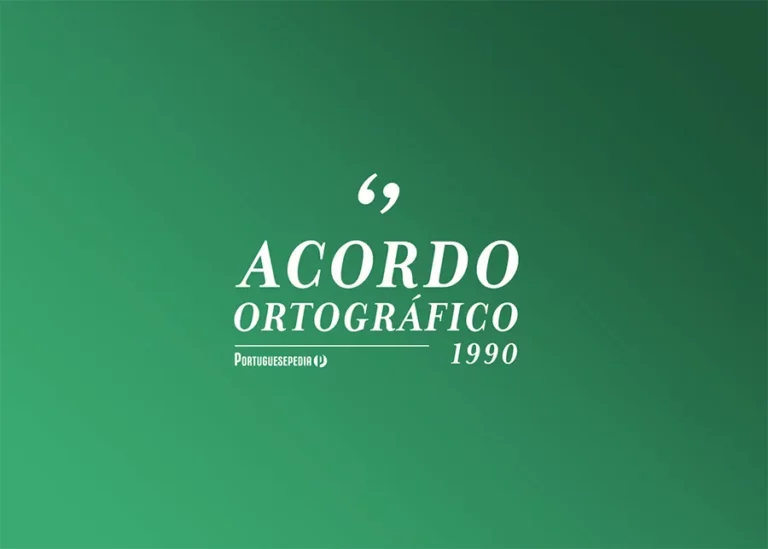
Portuguese Spelling Reform
In 1990, various Portuguese-speaking countries agreed on a spelling reform to create and maintain a cohesive, international standard across borders. In Portugal, in particular, the spelling reform came…

Discover How to Start Speaking Confidently in Portuguese
Speaking in your target language is arguably the toughest language skill to master. At the same time, it is probably the main reason why you are learning…

Gender of Portuguese Words
Like other Romance languages, Portuguese nouns are gender-marked as masculine or feminine. This gender dimension in Portuguese extends nonetheless well beyond nouns. For instance, word classes such…

Portuguese Modal Verbs
Modal verbs help us convey things like necessity, possibility, certainty, doubt, and ability. We use them all the time. You’d agree that the English sentences You must…

Portuguese Gerund: Progressive Tenses and Beyond
The Portuguese Gerund (Gerúndio) is used to build Progressive tenses (such as the Present Continuous) and is the equivalent of the English Present Participle: the -ing verb…

Portuguese Possessive Pronouns and Determiners
Portuguese possessive pronouns and determiners indicate possession. In English, these are words like my, your, his, her, our, their (possessive determiners) and mine, yours, his, hers, ours, theirs (possessive pronouns). Possessive pronouns and determiners…
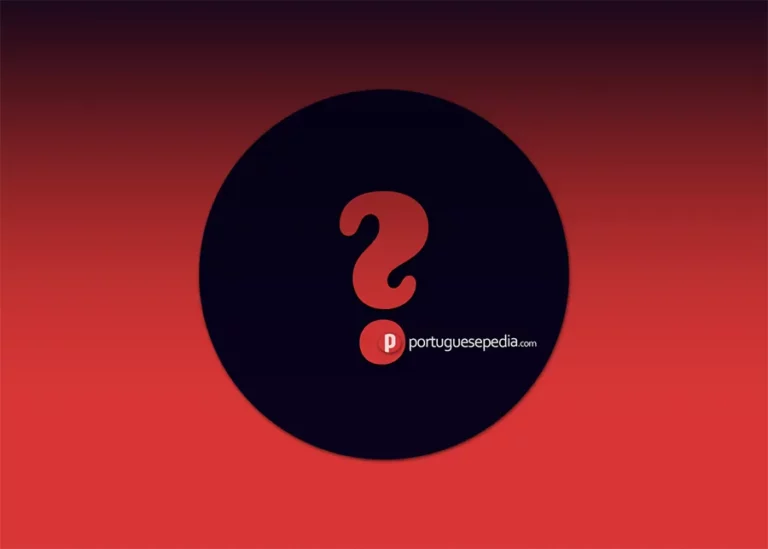
Portuguese Question Words
Intrepid language learners start using Portuguese nearly from day one. I love the attitude and hope you are one of them. Besides bravery, to keep conversations going…

Portuguese Connected Speech for Enhanced Pronunciation and Listening Comprehension
It is often challenging to keep up with Portuguese native speakers, even for advanced learners. This is probably not because you don’t know the words they’re saying,…
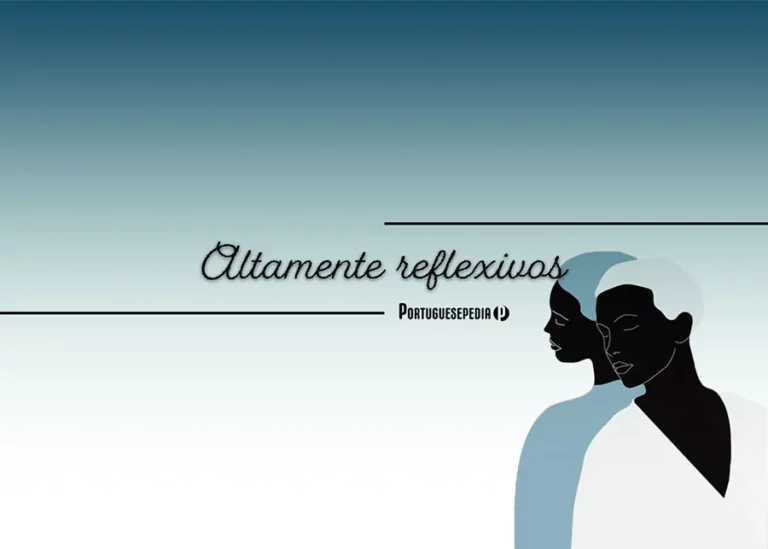
Portuguese Reflexive Verbs and Pronouns
Reflexive verbs are abundant in Portuguese and many of them are frequently used in everyday life. It is easy for language learners – especially those unfamiliar with…

Here’s Why Portuguese Sounds like Russian
I often hear people saying that Portuguese sounds like Russian! What is so striking about that comment is that Portuguese and Russian are relatively distant languages –…
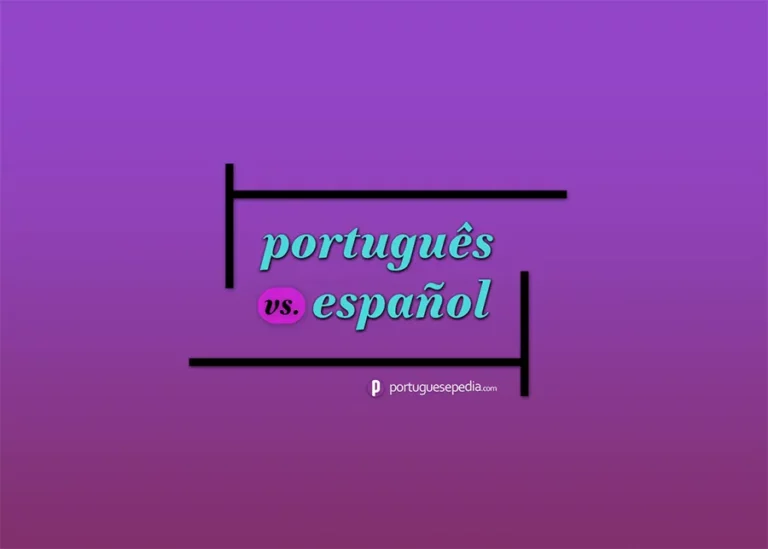
Portuguese vs. Spanish: How Similar Are They Actually?
Portuguese and Spanish are Romance languages that share a common root: they both stem from Vulgar Latin. But how similar are they? Portuguese and Spanish are different…
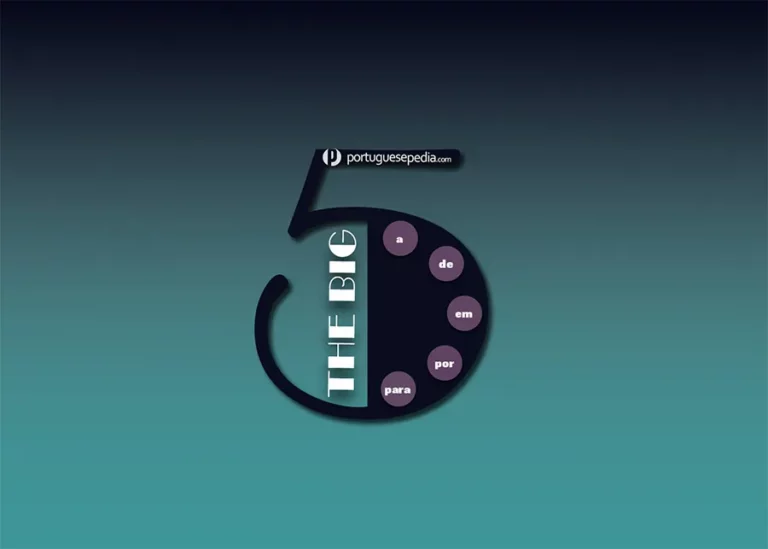
Portuguese Prepositions and Contractions
In general, prepositions have an infamous reputation among language learners. Judging by all the whining and moaning I’ve heard from students throughout the years, Portuguese prepositions are…

Portuguese Future Subjunctive (Futuro do Conjuntivo) – Conjugation and Usage
If you have been learning Portuguese long enough, you know that sooner or later you’ve got to come to grips with the Future Subjunctive (Futuro do Conjuntivo).…

Learn Portuguese: Strategies to Achieve Fluency
So you are learning Portuguese, that sounds great! There are plenty of good reasons for doing it, and I am sure you have yours. While some motivations…

Portuguese Verb Tenses and Moods Explained: A Usage Rundown Anchored to English
With so many conjugations, Portuguese verbs are a hard-to-chew bit for anyone learning the language, especially for those not acquainted with any Romance language from before. Now,…

Master European Portuguese Pronunciation: Essential Guide for Beginners and Beyond
I often hear people say that Portuguese sounds different from other Romance languages. And that’s because it’s true! So, what is so special about European Portuguese pronunciation?…

Portuguese Perfect vs. Imperfect Tense: Know When to Use Either
The Portuguese Perfect and Imperfect past tenses (aka Pretérito Perfeito and Pretérito Imperfeito in Portuguese) are often a headache for language learners whose native tongue doesn’t make…

Two Worlds, One Language: Unveiling the Differences Between European and Brazilian Portuguese
You are probably aware that there are two well-established standards of Portuguese – the European and the Brazilian. Most language learners, though, don’t know much about their…
